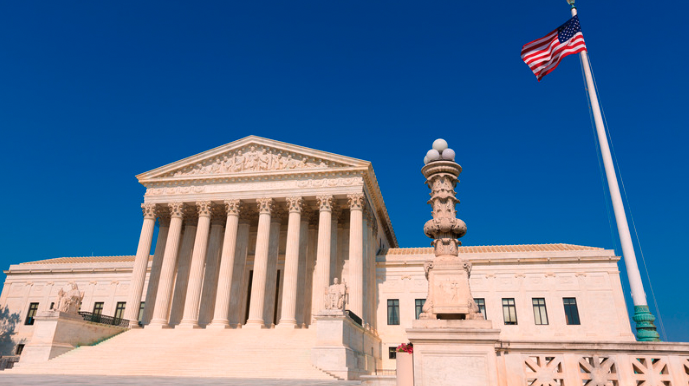As artificial intelligence (AI) technology continues to evolve, so too do the legal questions surrounding its use. Can an algorithm hold a copyright? What are the implications for creators of AI-generated content? At the Joseph Saveri Law Firm, LLP, our attorneys have been closely analyzing legal precedent on this issue and are prepared to answer all questions regarding potential copyright claims for AI-created works. In this blog post, we will discuss what copyright law says about creative works created with AI and provide insight into how this type of technology is likely to be used in the future.
Who Does Copyright Law Protect?
In general, copyright law protects the authors and creators of creative works. This includes books, films, music, and computer software. When it comes to AI-generated content, however, things become a bit more complicated.
If an algorithm is used to create a work (perhaps with some level of human input), who should be credited with the creation? Does the algorithm merit protection under copyright law?
Groundbreaking Federal Court Decision
In a recent decision, a Washington, D.C. federal court ruled that generative AI art does not qualify for copyright protection under current U.S. law. The case involved a dispute over ownership and copyright of images created by a generative AI model known as "Creativity Machine." The court's judgment hinged on the fact that copyright law in the United States requires human authorship, and since AI lacks the legal standing of a human creator, it cannot claim copyright protection.
The ruling has significant implications for the emerging field of AI-generated art and intellectual property. It highlights the need for legal frameworks to adapt to the evolving role of AI in creative processes, particularly in situations where AI systems autonomously (or even semi-autonomously) produce visual or other creative works. As AI-generated content becomes more prevalent, this decision underscores the necessity for legislators and legal experts to address the unique challenges posed by AI-generated output within the copyright landscape.

Which Works Cannot Be Copyrighted?
While the court ruled that a “guiding human hand” is necessary for authorship and thus copyright protections, it is not clear to what extent. The U.S. Copyright Office has taken steps to address the copyright status of works involving AI. In March 2023, prior to the verdict, they issued a policy statement outlining their stance on AI-generated content. According to their policy:
- Works created entirely by AI, without any human creative input, are not eligible for copyright protection.
- Works that combine human-authored elements with AI-generated content are copyrightable, but the AI-generated portions themselves are not.
- If AI responds solely to a human prompt and produces complex works, these works are not eligible for copyright protection as the users do not exert ultimate creative control.
- However, if a human creatively selects, arranges, or modifies AI-generated material, the resulting work may be eligible for copyright protection.
- Users can employ technology to transform or adapt their expressive authorship without necessarily negating the human-driven creative process.
The Future & the Firm’s Role
While the future of AI-generated works may be uncertain, it is clear that the legal landscape is changing rapidly, and these concerns must be and will be addressed.
Our firm is committed to safeguarding the interests of individuals and creators. We are actively engaged in pursuing litigation against companies stealing creative professionals’ works to create generative AI models.
Our novel, cutting-edge cases are on behalf of classes of artists, coders, and authors who allege their creative work is being illegally appropriated by defendants’ AI and machine learning technology without consent, credit, compensation, or transparency. They have drawn considerable legal and international press attention and have been the subject of a July 2023 Senate Judiciary Committee subcommittee hearing attended by Karla Ortiz, a named plaintiff in one of the firm’s cases.

